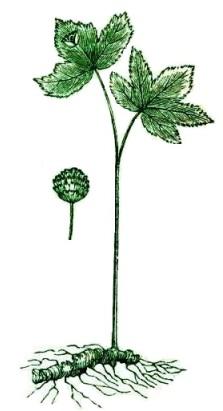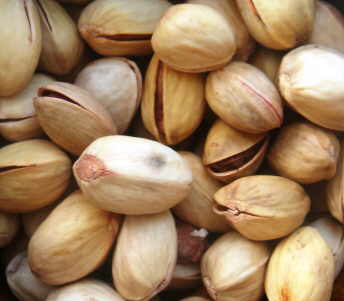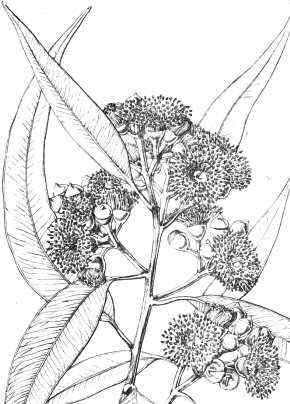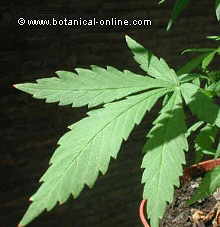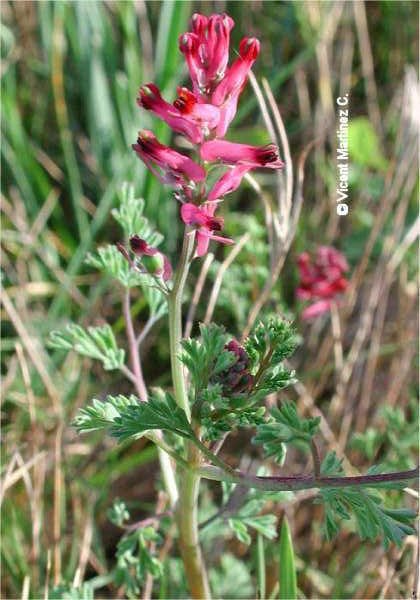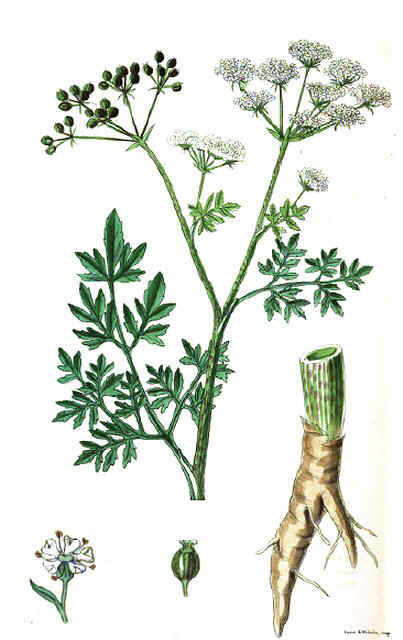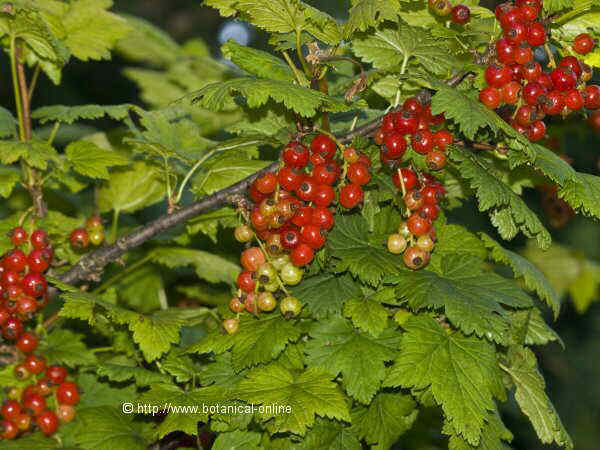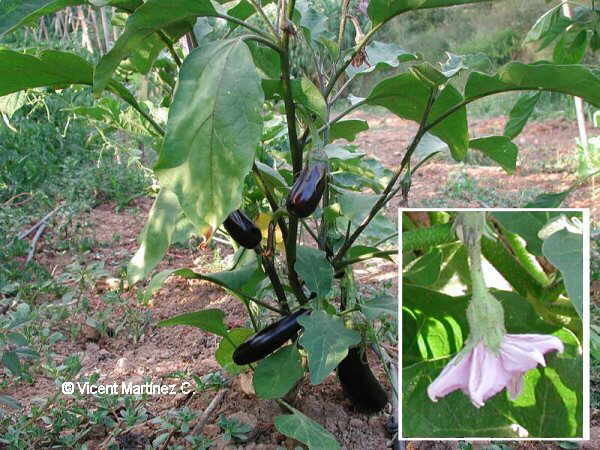How to raise good cholesterol and lower bad cholesterol with the suitable food?
Good cholesterol or HDL cholesterol is a component of the blood that has health benefits. The good HDL cholesterol prevents atheroma plaque, which causes diseases, like for example, poor circulation or arteriosclerosis
Eat foods rich in omega 3 and omega 6 fats
Omega 3 and omega 6 oils are a type of essential fat for heart health. These fats are important because, from them, the liver produces prostaglandins, which are substances with vasodilatory, anti-inflammatory and antithrombotic properties. These improve circulation and help increase the good cholesterol or HDL cholesterol of the blood.
Foods rich in omega 3 are walnuts, flaxseeds, quinoa, chia and hemp seeds. Non-vegetarians can also get this type of fat from small fatty fish (sardines, mackerel, etc.).
How to take omega 3?
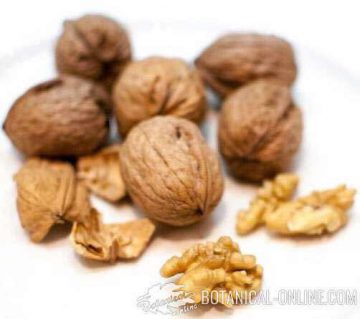
The recommended daily amount would be 2 teaspoons of ground hemp, flaxseeds and/or chia seeds, a daily serving of walnuts (about 7 units), or eat fatty fish at least 2 times a week.
Foods that increase HDL cholesterol
Some practical tips to increase this type of omega fats are:
- It is recommended to increase the consumption of legumes, at least three times a week, but they can be eaten daily or almost every day. These vegetables are high in lecithin and omega, in addition to many other benefits that they provide: lentils, chickpeas, peas, beans, hummus, etc. Quinoa is also rich in fiber and omega 3.
- Eat plenty of greens and vegetables in your diet. Within the vegetable option, choose those that have more color and flavor. For example, an arugula is much better than an iceberg lettuce. Iceberg lettuce is practically only water and fiber, while arugula also has many beta-carotenes, chlorophyll, and provides glucosinolates (spicy flavor), with antioxidant properties. So: + color + flavor = + healthy. Some recommended: broccoli, radishes, cauliflower, purslane, spinach, carrots, vegetable cream, etc.
- Consume nuts (without frying and without salt), such as almonds, hazelnuts, walnuts. These foods, along with fruits, are the ideal snack for cholesterol.
- Take all whole grains: whole grains are healthier: millet, brown rice, oats, …
- Use quality vegetable oils, that is, cold pressed (virgin). Virgin olive oil is the best for cooking and dressing (see substitutes for olive oil).
Supplements to increase HDL cholesterol
It is very suitable to increase good cholesterol to get used to introducing a whole series of seasonings into the diet, generally based on seeds, which help to
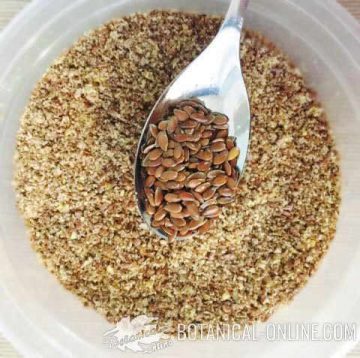
enrich the diet and lower bad cholesterol:
- Add sunflower, pumpkin, chia, sesame, or flaxseeds in salads, soups, yogurts, … in any dish.
- Add avocado to salads, dressed with squeezed lemon.
- Seasoning the dishes with carob flour (rich in soluble fiber), cinnamon powder, or turmeric (with a pinch of black pepper) is very interesting. Use regularly in recipes.
- Aromatic herbs: although they do not appear in any nutritional guide, they are a fundamental pillar of the diet. It is recommended to regularly use a little rosemary, thyme, bay leaf, basil, oregano, aromatic herbs… at each meal.
- Take 1 teaspoon of cold pressed wheat germ oil every day, because this oil, in addition to containing omega 3 and 6, is very rich in vitamin E, a powerful antioxidant from body fats
- To a lesser degree, the use of omega 3 foods such as omega 3 eggs or omega 3 milk may be recommended. Organic meat is richer in omega 3.
Antioxidants for good cholesterol
Antioxidants help reduce bad cholesterol, protect against the formation of atheroma plaque (arteriosclerosis) and extend the life of good HDL cholesterol.
The antioxidant components of our diet are some vitamins, such as vitamin C, and also flavonoids, such as beta-carotene or lycopene, which are found in abundance in fruits and vegetables.
These plant foods also provide all the benefits of fiber, which cleanses the intestine, prevents constipation (and hemorrhoids, diverticula, certain types of cancer, etc.) and helps to capture bad cholesterol from the bile to eliminate it through the stool.
It is recommended to take at least 5 vegetables + fruits a day. For example, 3 servings of vegetables and 2 pieces of fruit.
What foods are better to increase cholesterol?

Some vegetables rich in fiber and antioxidants are: artichokes, spinach, chard, aubergines, turnips, cauliflower, okras, green asparagus, etc. It is recommended to take whole grains.
Vegetables and fruits rich in antioxidants are: peppers (they contain more vitamin C than any citrus), carrots, oranges, tangerines, lemons (to dress salads, for example), radishes, pumpkins, mango, papaya, peaches, loquats, pineapple, etc.
Supplements to increase good cholesterol
- Soy lecithin: Contains phospholipids, the main component of good cholesterol. People who need to increase this type of cholesterol can take 1 teaspoon of soy lecithin after meals, for example, along with yogurt or simply with a glass of water.
This supplement has no contraindications, since lecithins are found naturally in food. Soy lecithin will also help improve memory, is rich in vitamin E for the skin and prevents the formation of gallstones.
- Plants for the liver: They can help increase good cholesterol by improving the state of the liver, which is the organ in charge of metabolizing cholesterol. Some of these plants are turmeric and milk thistle, among others.
* Related information: How can we control cholesterol? / Dishes for cholesterol and diabetes
![]() More information on cholesterol remedies and diet for cholesterols.
More information on cholesterol remedies and diet for cholesterols.

